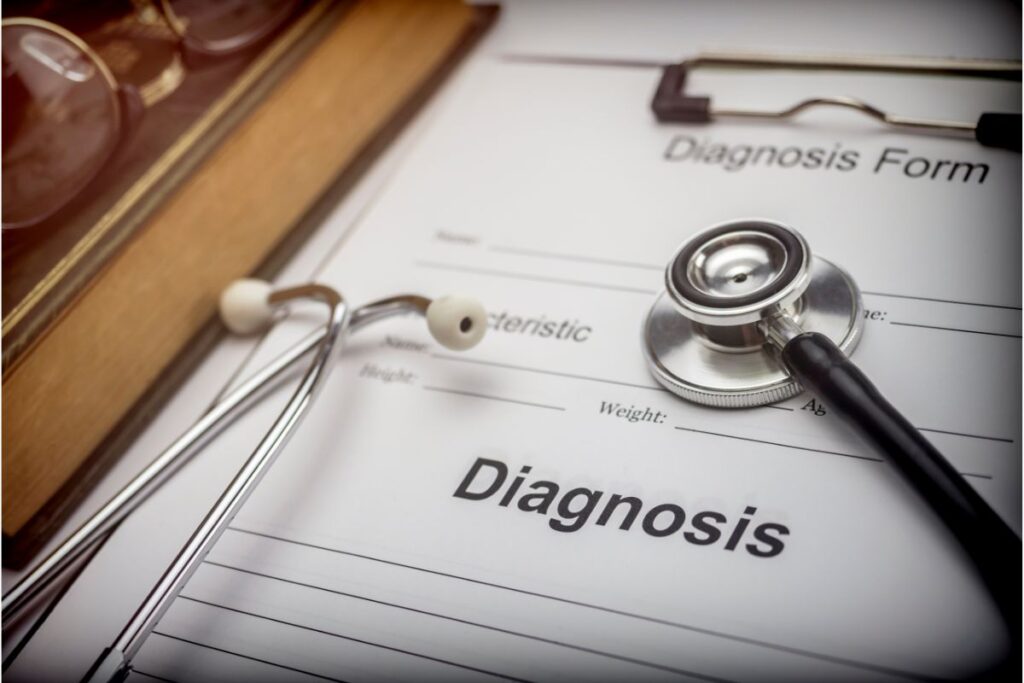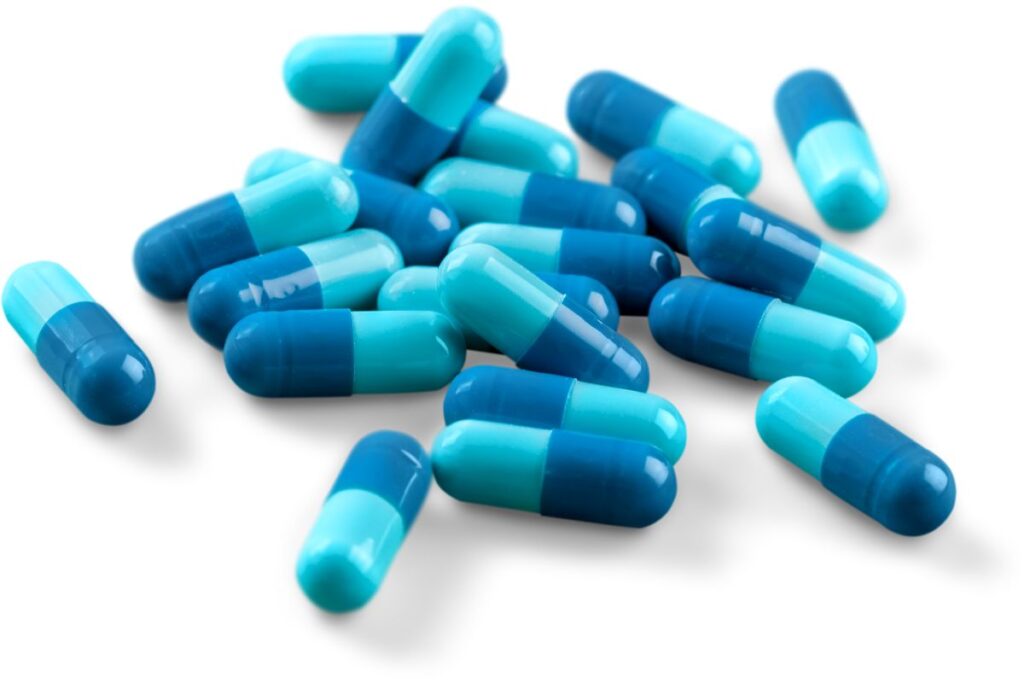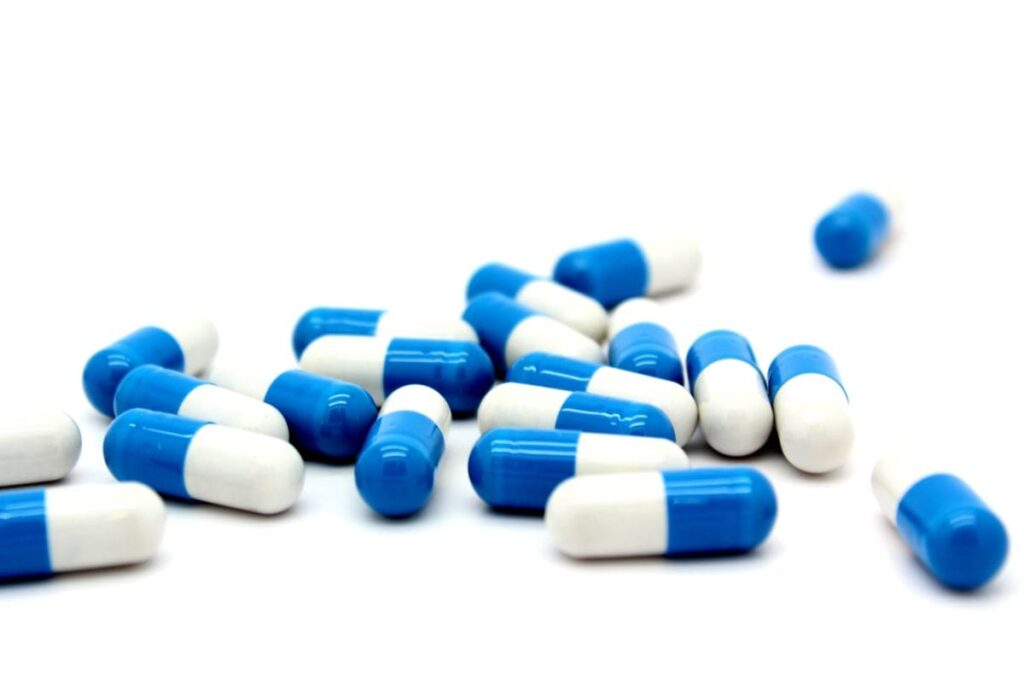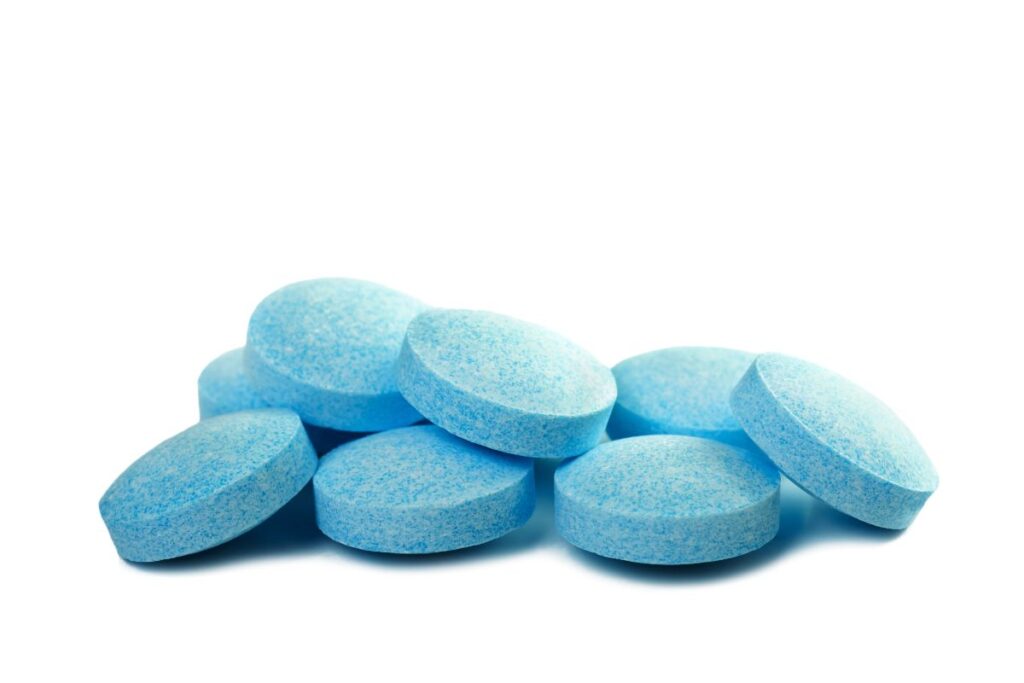Mental Health Treatment Centers in Massachusetts
Medically Reviewed

Medically reviewed by Jack Maroney, MSHCA, LADC1
Written by Lake Ave Recovery Staff
Updated on August 13, 2023
If you have been looking for mental health treatment centers in Massachusetts that also provide care for addictions, Lake Avenue Recovery may be the ideal place for you. In addition to offering customized outpatient programming for adults who have a primary diagnosis of a substance use disorder (addiction), we also serve patients whose struggles with addiction are accompanied by dual diagnosis disorders.
How Do Our Mental Health Treatment Centers in Massachusetts Work?
At Lake Avenue Recovery, we offer personalized treatment at the Day Treatment and intensive outpatient levels:
- High-Intensity Outpatient Treatment Program: Our day treatment is the highest level of care at our mental health treatment centers in Massachusetts. With care provided each day from 9 a.m.–3 p.m., this may be the optimal treatment option for people who have acute needs, but who do not require round-the-clock supervision. A typical treatment day in our day treatment includes multiple types of therapy, holistic services such as yoga and qi gong, and a nutritious lunch.
- Intensive outpatient program (IOP): Patients who receive care through our IOP may attend as many as four sessions per week. Each session lasts for three and a half hours. For additional convenience, we offer both day and evening IOP options (either 9 a.m.–12:30 p.m. or 5:30–9 p.m.). IOP sessions feature a variety of therapeutic and educational services to help people advance in their recovery and prepare for a successful transition out of treatment.
Some patients begin in our Day Treatment, then transfer to the IOP level for step-down support. Others enter and exit treatment at the same level (either Day Treatment or IOP). We make all admissions and level-of-care decisions on an individual basis following a thorough review of each person’s history, needs, and treatment goals.
You are not alone. You deserve to get help.
Lake Avenue Recovery is an industry leader in addiction treatment in Massachusetts. Our team of top medical experts specialize in dual diagnosis treatment and are committed to ensuring that each patient is treated as an individual. Call us today, we’re available 24/7.
What Type of Mental Health Disorders Do We Treat?
If you have been researching mental health treatment centers in Massachusetts, you are probably already aware that some facilities focus primarily on mental illnesses while others are designed for people who have substance use concerns.
Lake Avenue Recovery cares for people who have a primary diagnosis of a substance use disorder. This means that every person who is admitted to our center must have developed an addiction to alcohol or another substance.
However, because we understand that addiction is often accompanied by psychological challenges, we also serve individuals who have co-occurring mental health concerns. In clinical terms, the simultaneous presence of addiction and a mental health disorder is referred to as dual diagnosis.
The following are examples of the co-occurring mental illnesses that dual diagnosis patients may receive care for at Lake Avenue Recovery:
- Anxiety disorders
- Depression
- Bipolar disorder
- Borderline personality disorder (BPD)
- Post-traumatic stress disorder (PTSD)
- Schizophrenia
- Panic disorder
Please note that this is by no means a comprehensive list of every disorder that we treat. If you have been living with addiction and a co-occurring mental illness that’s not listed above, please contact our center directly. If we determine what we’re not the ideal place for you, we can refer you to another trusted healthcare provider in your area.
A
What to Expect During Our Programs
At Lake Avenue Recovery, treatment for addiction and co-occurring mental health concerns is a customized experience that can vary according to several factors, including the specific needs of those who are receiving care as well as which program they are currently enrolled in.
With that caveat in mind, the following are examples of the therapies and services that may be included in a person’s plan at our mental health treatment center in Massachusetts:
- Psychotherapy
- Group therapy
- Family therapy
- Cognitive behavioral therapy (CBT)
- Rational emotive behavior therapy (REBT)
- Experiential therapies
- Mindfulness
- Medication-assisted treatment (MAT)
- Trauma therapy
- Exercise Therapy
- Adventure Therapy
- Role-playing activities
- Social skills education
While patients are with us, they can also expect to benefit from the following fundamental elements of our programming:
- Personalized care
- Safe, welcoming, and highly supportive environment
- Team of skilled and compassionate treatment professionals
- Sharing support and learning from others who are working toward a similar goal
- Discharge planning to promote continued progress after treatment
How Has the Treatment of Mental Health Disorders Changed?
Mental health treatment is a dynamic field that continues to evolve and improve. As researchers gain greater insights into the causes and effects of mental illnesses, clinicians are able to harness this knowledge to improve the lives of patients and their families.
Long ago, mental illnesses were viewed as personal failings or even divine punishments. As a result, those who developed certain conditions were confined, ostracized, and even punished.
Today, we understand that mental health disorders are treatable illnesses that often result from a combination of genetic and environmental factors.
In recent years, advances in brain imaging technology have allowed researchers to identify how some mental illnesses affect certain parts of the central nervous system. In addition to highlighting the biological component of mental illness, this knowledge may hopefully lead to the development of more effective medications to ease symptoms and improve quality of life.
Through the years, ongoing advances in therapy have continued to offer new paths for people who had not responded to previous interventions. For example, eye movement desensitization and reprocessing (EMDR) therapy, which is one of the most effective means of helping people overcome distress related to traumatic memories, was conceived during the late 1980s and developed during the 1990s.
As mental health professionals have done for centuries, we continue to work together to eradicate stigma, expand access to care, and integrate the latest evidence-based services and medications into treatment, all with the goal of improving the lives of those in crisis.
Signs and Symptoms of a Mental Health Disorder
Given the multitude of mental health disorders that exist, it would be virtually impossible to list every symptom of every condition. If you believe that someone you care about has developed anxiety, depression, or another mental health concern, be on the lookout for uncharacteristic behaviors or significant changes in how they conduct themselves.
For example, the following could be signs that your loved one needs mental health treatment:
- Exhibiting noticeable changes in mood and attitude
- Appearing to have much more or much less energy than usual
- Sleeping much more than normal (hypersomnia) or having trouble getting enough sleep (insomnia)
- Losing interest in hobbies or other important activities
- Acting with uncharacteristic anger or aggressiveness
- Frequently missing school or work for no apparent reason
- Communicating less with family and friends
- Having trouble concentrating, focusing, or paying attention
- Neglecting their appearance and personal hygiene
- Making outlandish or bizarre statements that have no basis in reality
- Expressing the desire to disappear or saying they wish they had never been born
The best way to determine if your loved one has a mental health disorder is to schedule an assessment with their doctor or with a treatment center. Completing an assessment and receiving an accurate diagnosis are two essential steps on the path toward effective treatment and improved health.
A
Treating Both Addiction and Mental Health Simultaneously: The Importance
If you have been living with both addiction and a mental illness, it is essential to find one of the mental health treatment centers in Massachusetts that can treat both types of disorders.
The relationship between addiction and mental illness can be quite complex. Among other challenges, it’s not always easy to understand which came first. For example, did your struggles with substance abuse originate in an attempt to self-medicate the symptoms of a mental health concern that you didn’t even realize you had? Or has addiction impacted your life so severely that its effects include the onset of anxiety, depression, or another mental illness?
Regardless of the order in which you developed these disorders, they will affect each other. If your mental health symptoms become more severe, you may find yourself pushed even deeper into the downward spiral of compulsive substance abuse. This can, in turn, further exacerbate your psychological distress.
Trying to treat one disorder (either mental illness or addiction) while ignoring the other can significantly undermine your ability to make sustained progress toward a healthier future. Take the time to closely evaluate the mental health treatment centers in Massachusetts that you have been considering, and select the provider that can meet the full scope of your needs.
Find Treatment for Addiction and Mental Illness in Massachusetts
Lake Avenue Recovery is a trusted addiction and mental health treatment center in Massachusetts. At our facility you can receive customized outpatient care and comprehensive support from a team of highly skilled professionals. With our help, you can end your substance abuse, learn to manage your mental health symptoms, and take significant steps toward a happier and more hopeful tomorrow.
To learn more or to schedule a free assessment, please visit our Contact Us page or call our center today.
Learn more About our Treatment Options
Understanding The DSM (What You Need to Know)
You’ve probably heard the term “DSM” tossed around in mental health spaces,...
The Dangers of Mixing Doxycycline & Alcohol
So your doctor just prescribed you doxycycline, and now you’re wondering: "Can...
How Long Does Vyvanse Stay In Your System?
Vyvanse is a prescription medication often used to treat ADHD and binge...
Feening For Drugs: What Does It Mean?
If you’ve ever heard someone say they’re "feening for drugs," they’re talking...
What is Blue Xanax?
Blue Xanax is a prescription medication used to treat anxiety and panic...
The Dangers of Effexor
Effexor (venlafaxine) is a widely used antidepressant that helps treat depression, anxiety,...
Start Your Journey to Recovery Call Now.
We have a longstanding foundation in the treatment and recovery community
Lake Avenue Recovery is a state licensed and Joint Commission accredited organization committed to promoting, maintaining, and restoring the dignity, well-being and mental health for those with substance use disorders and their families serving Massachusetts and beyond.
- 132 Years Clinical Excellence
- 105 Years Recovery Experience
- 8:1 Ratio Client to Staff
- 12 Publications on Alcohol and Drug Use






